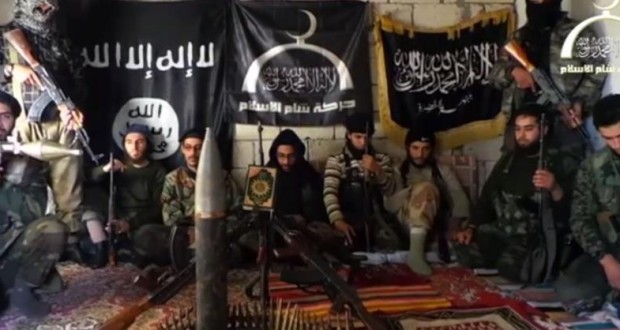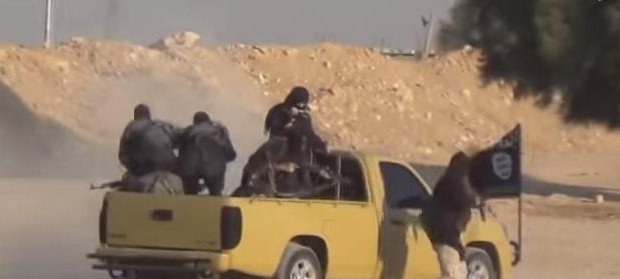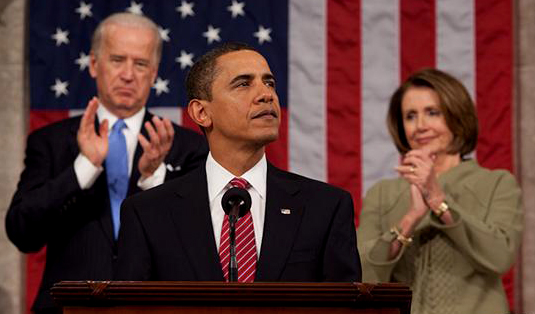The active sectarian rivalry and conflict in Iraq – long exploited by successive governments in Bagdad – has reached crisis proportions. Mosul, Iraq’s second-largest city and a primary oil centre, was overrun and occupied June 12th 2014 by the Sunni militant group the Islamic State of Iraq and al-Sham) (ISIS) which formerly fought under the al-Qaeda banner. ISIS are making gains on their previous successes in taking large parts of the central city of Fallujah in December 2013
Read More »
 Human Security Centre Human Rights and International Security Research
Human Security Centre Human Rights and International Security Research






